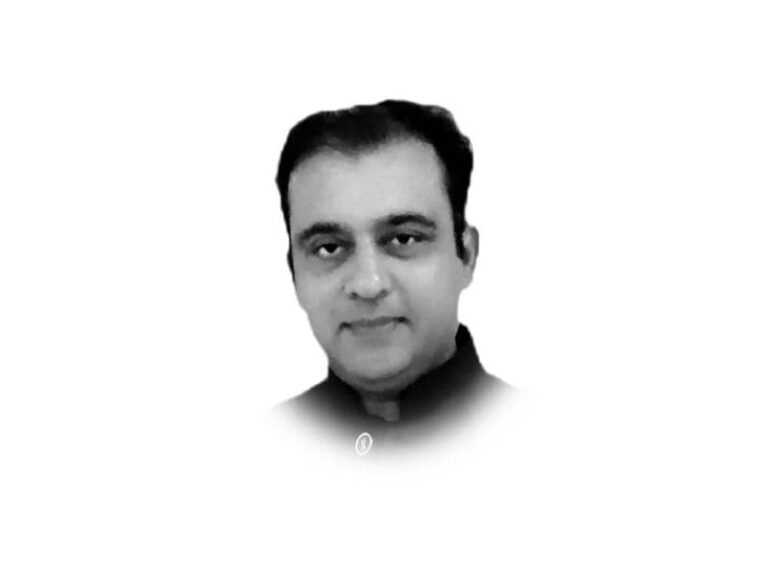The Taliban regime’s failure to address the terrorist threat has undermined its morale.
Is Afghanistan once again becoming a battleground for great powers? After more than four decades of unrest and turmoil in the war-torn country, the international and regional powers that once vied for influence in Afghanistan reached a bare-bones agreement on Afghanistan’s future when US-led foreign forces withdrew from the region. The US, China, Russia, Pakistan, Iran and other key stakeholders agreed that Taliban rule in Afghanistan would be recognised only if it met certain conditions, including the establishment of an inclusive government, respect for human and women’s rights, and refusal to allow terrorist groups to use Afghan territory.
Pakistan was one of only three countries to recognise the Taliban’s original rule from 1996 to 2001, but this time it followed international consensus on the issue of recognition.
The understanding between the major powers and stakeholders held firm for two years before the international agreement began to unravel. The first signs of a crack appeared in March when China accepted a full-time ambassador appointed by the Taliban regime. Although Beijing never officially recognized the Taliban regime, accepting a full-time ambassador was seen as a tacit endorsement.
Now, another major power and stakeholder in Afghanistan is inching closer to building full-fledged ties with the Taliban. Russia has signaled it will recognize the Taliban government. As a first step, the Russian Ministry of Justice and Ministry of Foreign Affairs have recommended to President Vladimir Putin that he remove the Afghan Taliban from the list of terrorist organizations. Moscow banned the country in 2003, when the Afghan Taliban was at war with US-led foreign forces.
The move is aimed at paving the way for recognition of the Taliban government.
Putin said this week that the Taliban in Afghanistan are a “reality,” while the deputy chairman of Russia’s Security Council said Moscow was close to building “serious” ties with the Taliban government.
“The Taliban are now in power and we are on the verge of establishing full-fledged relations with them,” said Dmitry Medvedev, noting that things have changed over the past 20 years. “Things are different now.”
Russia’s special envoy to Afghanistan, Zamir Kabulov, said on Monday that the Taliban had “made great strides in gaining recognition” since they seized power, “but there are still some hurdles to overcome before the Russian leadership can take a decision,” he said, without elaborating.
The Russian envoy also reportedly said his government had invited the Taliban to attend the St. Petersburg International Economic Forum, which will be held from June 5 to 8. But the United States was not pleased with the Russian move, saying the Afghan Taliban had not done enough to merit recognition.
John Kirby, spokesman for the US National Security Council, told reporters about Russia’s actions that it was not the right message to send. He said the Taliban had not delivered on any of the promises they had made. He said there was no chance the US would recognise the Taliban government anytime soon.
A State Department strategy released earlier this year warned U.S. policymakers about the growing influence of rivals such as China, Russia and Iran in Afghanistan. The strategy advocated protecting U.S. interests and preventing adversaries from gaining a foothold in the country.
This does not bode well for Pakistan. Unlike the first Taliban regime, this time Pakistan was trying to build a broader consensus on Afghanistan’s future, at least at the regional level. Initially, Islamabad was keen to see the Taliban back and called for a more active engagement. But the Taliban regime’s failure to address the terror threat dampened its enthusiasm. Ironically, at a time when other regional countries are calling for a more active engagement with the Taliban regime, Pakistan is pushing for the isolation of Kabul. But international and regional countries seem only interested in protecting their own interests.
Published in The Express Tribune, June 3rd2024.
like Facebook Opinions and Editorialsto follow translation: To stay up to date with our articles posted daily, head over to Twitter.

